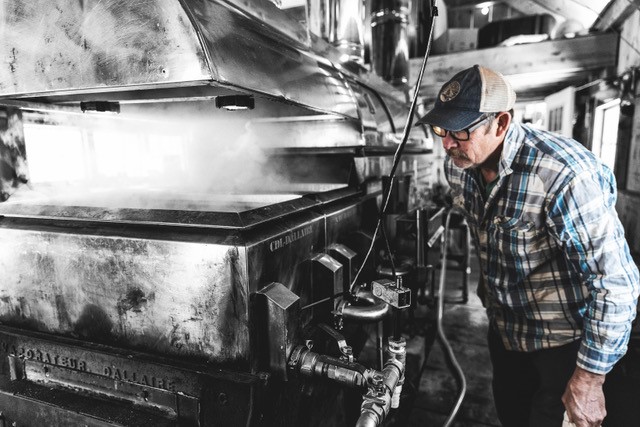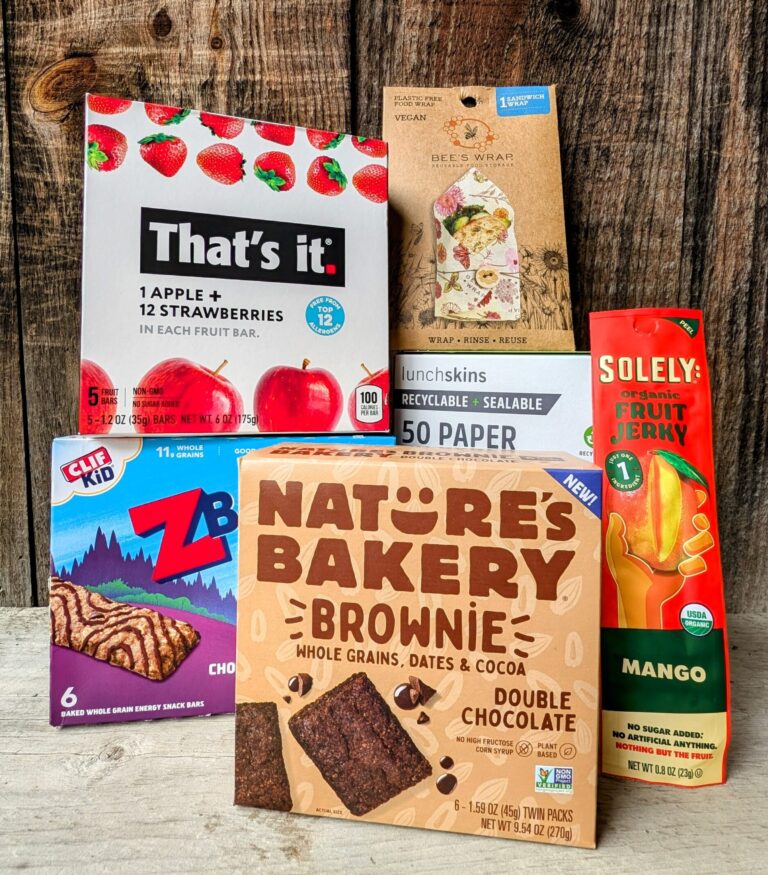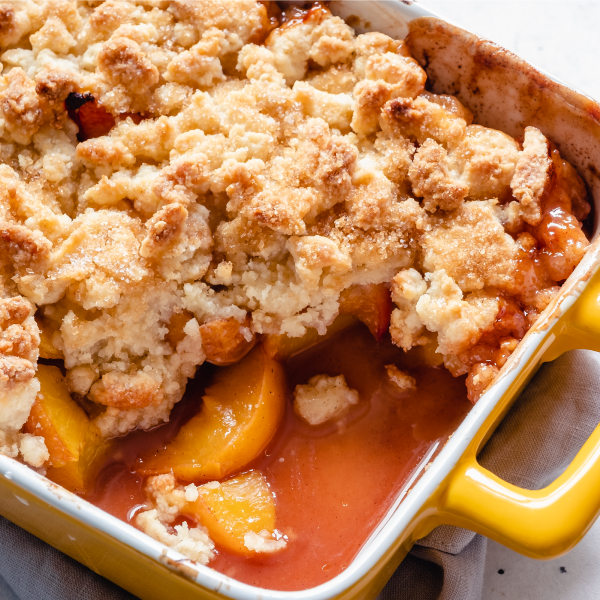 The sap is running, which means the folks at Old City Syrup Company are busy boiling and bottling their Grade A maple syrup—in their signature glass bottles. Located in the Old City of Strafford, Vermont, this family-owned maple farm produces organic, small-batch maple syrup using a traditional wood-fired evaporator.
The sap is running, which means the folks at Old City Syrup Company are busy boiling and bottling their Grade A maple syrup—in their signature glass bottles. Located in the Old City of Strafford, Vermont, this family-owned maple farm produces organic, small-batch maple syrup using a traditional wood-fired evaporator.
“I really enjoy doing what I am doing and work hard to make my maple syrup the absolute best that it can be,” said sugarmaker and owner Pat Kelly. Old City Syrup Company is a certified organic producer for its traditional syrup by Vermont Organic Farmers (VOF). This isn’t an easy process. But Pat and his team have put in the time and effort.
If you’re familiar with the way maple syrup is produced, you might be wondering how organic and conventional maple syrup differ.
After all, it’s a pretty natural process: you tap the maple tree at the beginning of the season; collect the sap using buckets or tubing while temperatures are “just right,” i.e., above freezing during the day and below freezing at night; boil down the sap in an evaporator, reducing the water content (and thereby upping the sugar) from about 98% to 33%; and bottle the finished product.
To have their product certified organic by VOF, sugarmakers must adhere to a number of restrictions. These rules are put in place to protect the sugarbush as an ecosystem and prevent the use of synthetic materials at all stages of the land management and production process. Here they are in a nutshell:
- Sugarmakers must follow a number of land management practices. These range from ensuring tree diversity and the protection of wildlife to verifying that no substances prohibited in organic production have been applied in the sugarbush over the past few years.
- The sugarbush must be part of a forest management plan that has been submitted to VOF. Among other things, this plan includes a highly detailed map of the land and an annual Organic Systems Plan (OSP).
- Producers must follow VOF tapping guidelines, which are VERY specific. But in a nutshell, they’re aimed at ensuring healthy tree development and protecting the sugarbush for future generations.
- Sap and syrup must only touch food-grade equipment, and only certain approved products can be used for filtering.
- Only certified organic vegetable oil can be used for de-foaming during the evaporation process.
- Sugarmakers are required to keep all kinds of records on file, from production plans to product traceability and sitemaps. There’s a ton of paperwork involved.
Just reading through the exhaustive list of requirements for organic certification will make your head spin. It’s a LOT of work! And here’s the thing: they have to be re-certified every year.
So hats off to the team at Old City Syrup Company, who are working hard to be responsible stewards of their land and produce the highest quality maple syrup possible. You can find their products at both our Woodstock and Waterbury stores. For more info: Old City Syrup Company.


